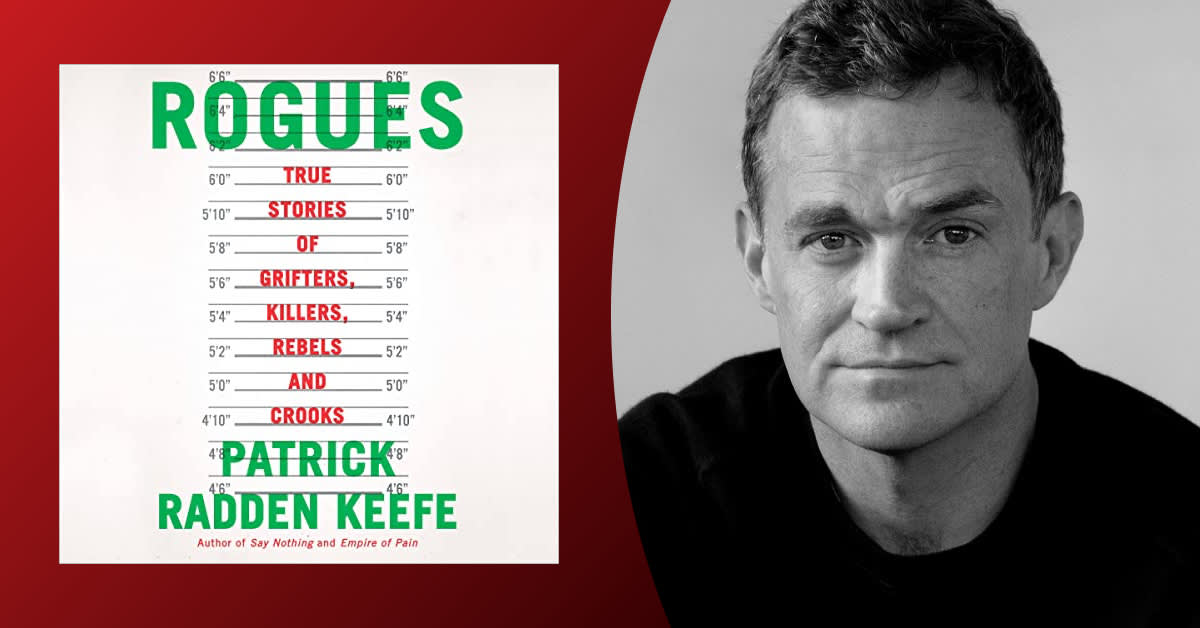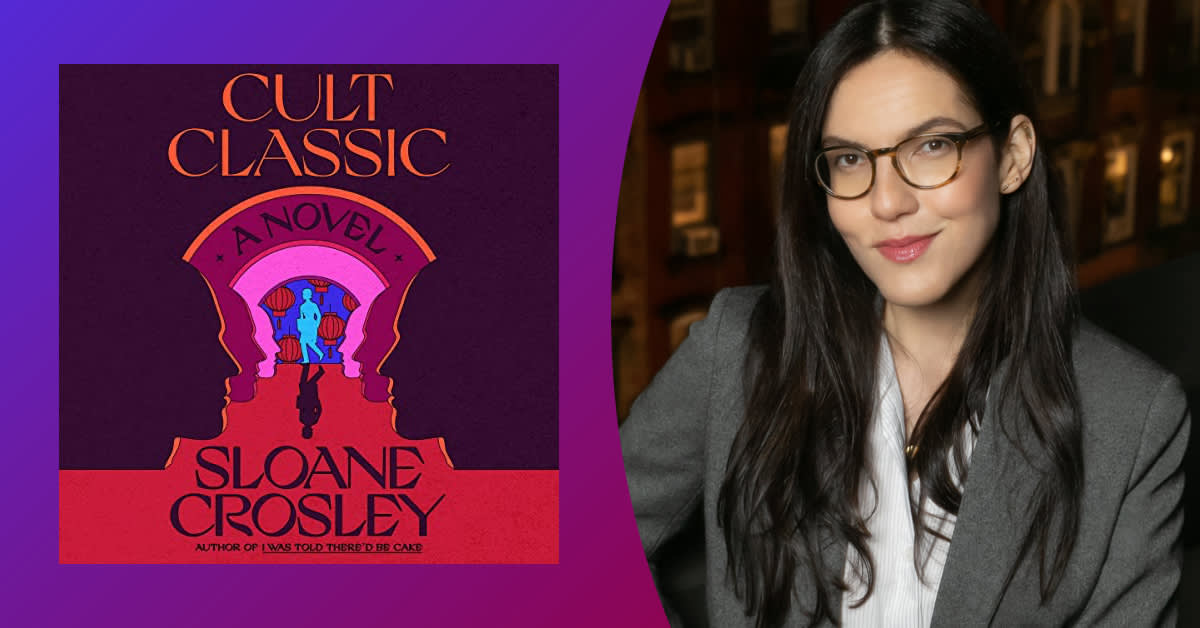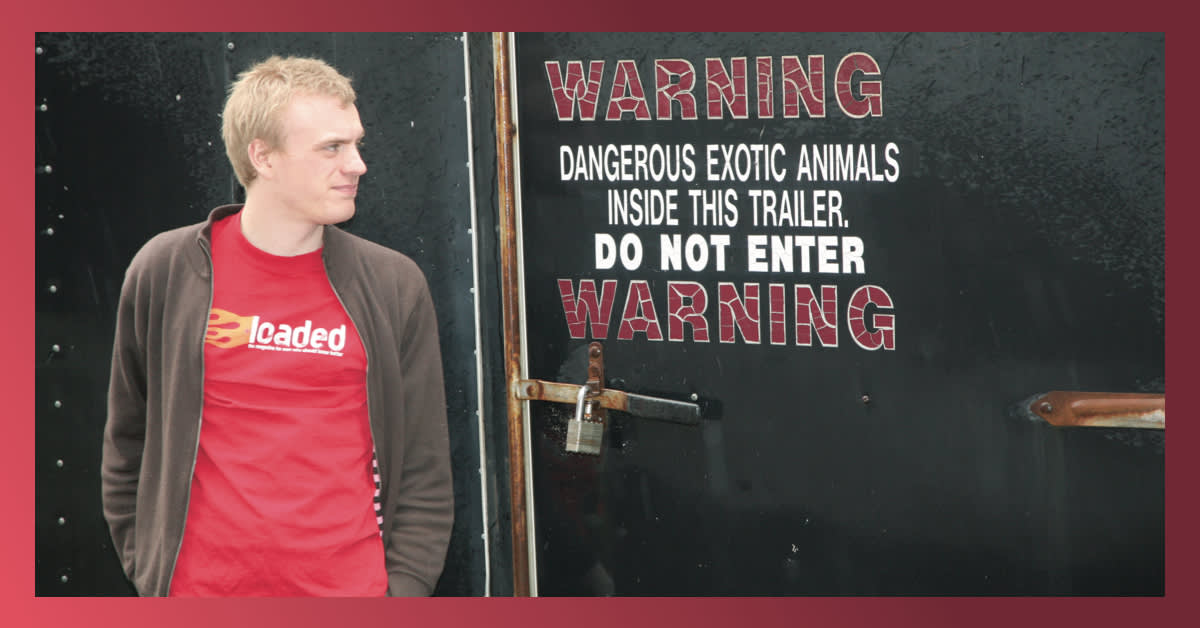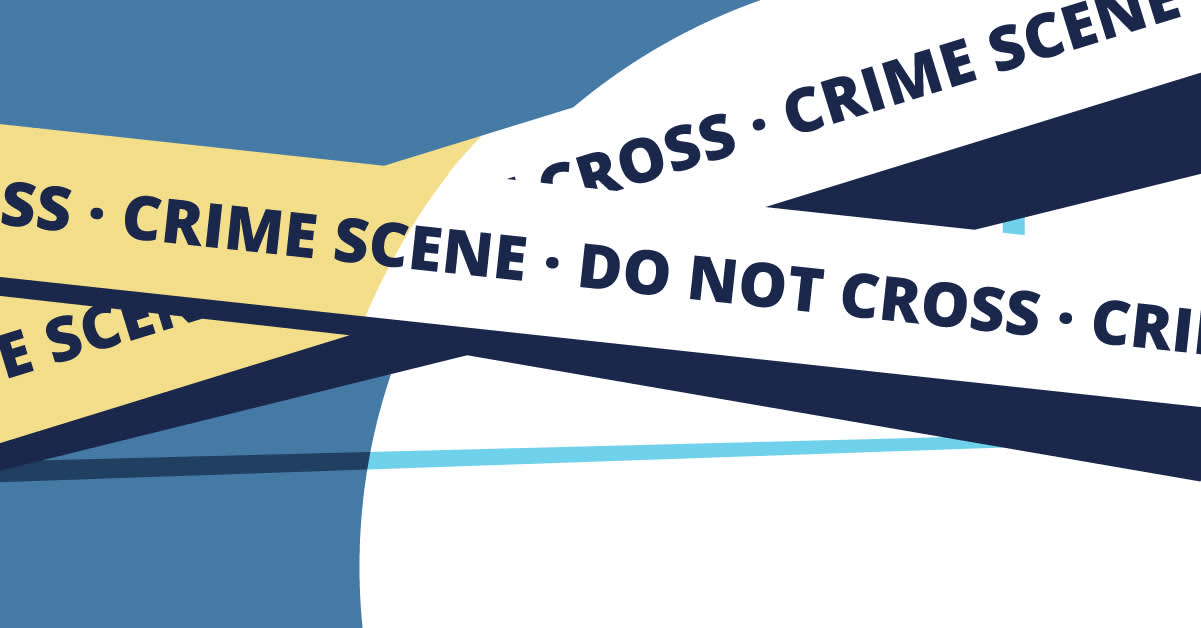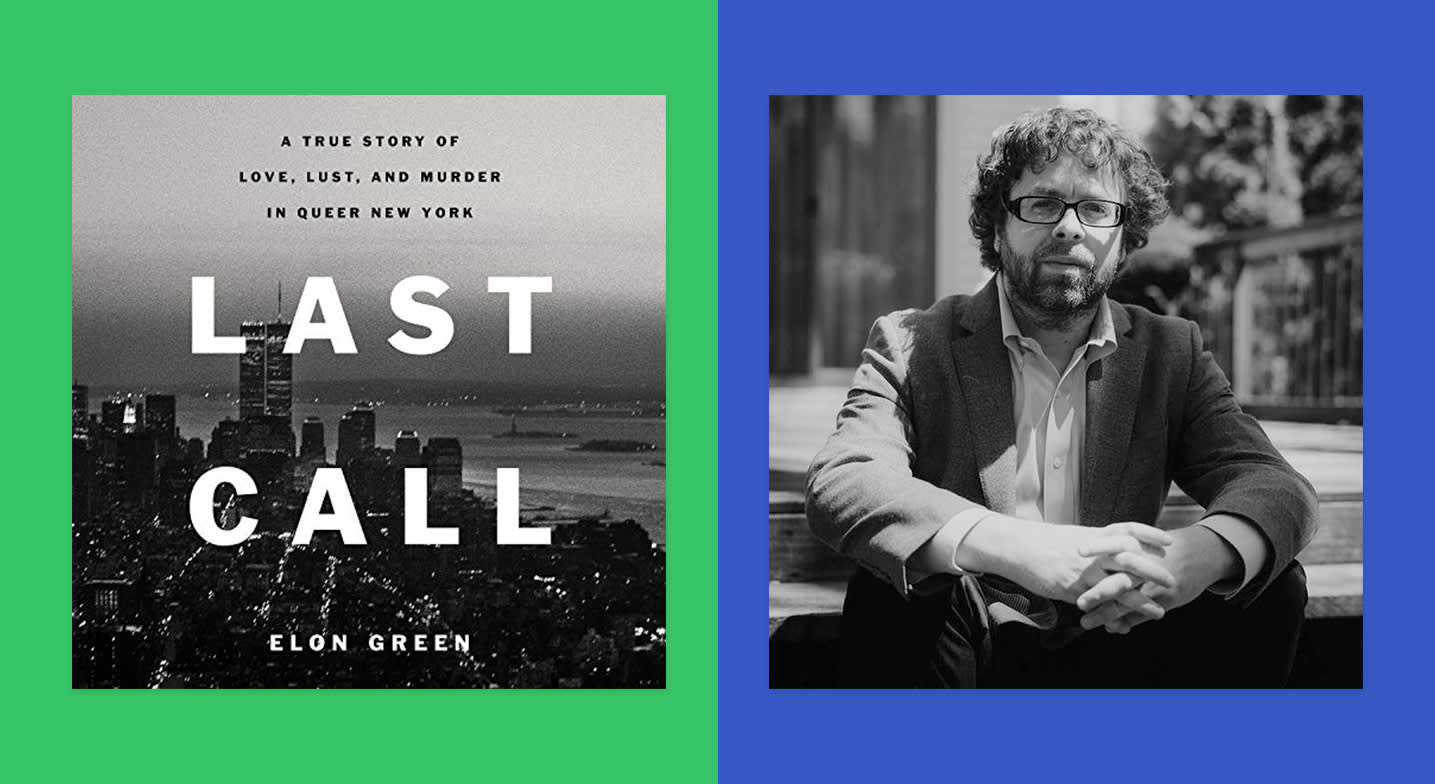Is there a more compelling crime writer than Patrick Radden Keefe? The New Yorker reporter and author of epic, nuanced investigations with the pace and hook of great detective novels is back with a new collection that blends the best of both worlds. With Rogues, out June 28, Keefe compiles his acclaimed portraits of villains, rascals, and imps in a collection read by the author himself.
Kat Johnson: Your new book collects essays you’ve previously written on the subject of “rogues,” a loose and somewhat playful term that runs the gamut from the beloved but unorthodox chef Anthony Bourdain to drug kingpin El Chapo and Boston marathon bomber Dzhokhar Tsarnaev. How do you define “rogues”? Why are we drawn to their stories, and is our cultural fascination to our detriment or advantage?
Patrick Radden Keefe: I've always been drawn to stories about people with big, colorful, forceful personalities—people with charisma who either skirt the rules, play outside them, or bend them to their will. These aren't always bad people; sometimes they're just free spirits or iconoclasts, like Bourdain. But of course, sometimes they turn out to be grifters or murderers too. While I don't reserve moral judgment of the people I'm writing about, I do want to understand them as human beings. Why do they do what they do? What sorts of stories do they tell themselves (and others) to make what they do seem justifiable, even righteous? Of course, a lot of injustice is systemic, but I think we're hardwired, as humans, to want to hear stories about characters, tales in which we follow the fortunes of a protagonist. I love hearing those stories, and I love telling them.
Your previous book, Empire of Pain, was focused on rogues at the upper echelons of wealth: the Sackler family. Do you think there’s been a shift around who we perceive to be villains and why (e.g., denouncing acts of corporate and capitalist greed vs. individual lawbreaking or attempts at survival)? Have you been surprised at some of the repercussions for the Sacklers since the book came out, or do you think we have a way to go in terms of holding them accountable?
One theme I've long been fascinated by is the line between licit and illicit, and why society punishes some sorts of bad actors (say, street-corner drug dealers) and not others (big pharma barons). This theme runs through the stories in Rogues: there's a black-market arms dealer known as the Prince of Marbella who acts with impunity for decades, because he is protected by the "licit" intelligence services of Western countries; there are also white collar bankers at HSBC who facilitate money laundering by drug cartels and tax evasion by wealthy clients. I thought of Empire of Pain, my book about the Sackler family, as a true crime story—one in which the bad guys who occupy the most elite upper echelons of American society end up getting away with it in the end. I've been hugely encouraged to see the public reaction to the book and the ongoing campaign to urge elite institutions to take down the family name. After the book was published in hardcover, the Metropolitan Museum took the name down, as did the British Museum, the Guggenheim, and many others.
“While I don't reserve moral judgment of the people I'm writing about, I do want to understand them as human beings. Why do they do what they do? What sorts of stories do they tell themselves (and others) to make what they do seem justifiable, even righteous?”
Pick a “holy grail” rogue. Do you have a favorite villain, from fiction or the real world, whose misadventures would fit right into this collection, but you just haven’t written about them yet?
Growing up in Boston, I was always transfixed by stories of the (now long dead) Boston mayor and political boss named James Michael Curley. He was notoriously charismatic, persuasive, popular—and corrupt. As the old saying went, "Vote Often and Early for James Michael Curley."
You are a fantastic narrator of your own work. Can you share any details behind the experience of prepping for, recording, or reading your work?
In 2020 I released a podcast called Wind of Change, and I had so much fun figuring out how to read into a mic and think about tone and intonation, making something that was very written (a podcast script) sound conversational, that I decided in the future I will narrate my own audiobooks for as long as the powers that be will let me. One of my strange practices as a writer (which is actually not so strange—I know other writers who do it) is that when I finish a sentence or a paragraph, I'll read it aloud to myself. My kids have grown up just thinking they have a dad who talks to himself, because when I'm writing they will hear my voice emanating from a room where they know I am alone and not on the phone. But it helps the writing: the flow, the way the words sound, the way the thoughts progress. As a consequence, narrating the books feels like an intuitive extension of the writing process.
Are you a listener yourself? If so, can you name a listen that you especially love, either a recent choice or an all-time fave, and why?
I listen to a lot of audio. A couple of favorites: West Cork, an Audible Original Podcast, about a murder in a barren stretch of the Irish coast, made by the brilliant husband-and-wife team Sam Bungey and Jennifer Forde, and the audiobook of True Grit by Charles Portis, which is read, brilliantly, by the novelist Donna Tartt.
